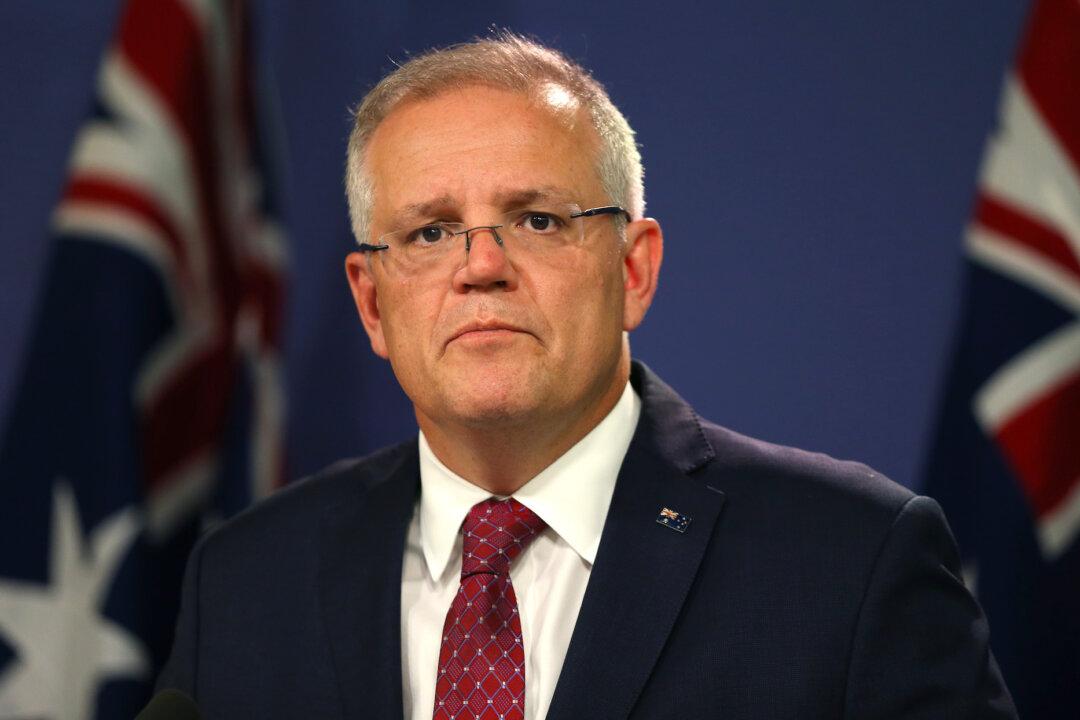Prime Minister Scott Morrison says AirDrop-like bluetooth-based contact tracing through mobile phones may be a sacrifice Australians need to make to stop the CCP virus, commonly known as the novel coronavirus.
Scott Morrison believes that mobile apps, like those being used overseas based on bluetooth data sharing, can be made acceptable to privacy concerns and help authorities with contact tracing that will prove crucial to saving lives during pandemic caused by the CCP (Chinese Communist Party) virus, commonly known as the coronavirus, if social distancing measures are to be slowly made less restrictive.





